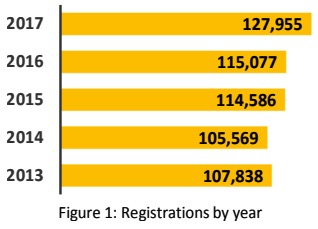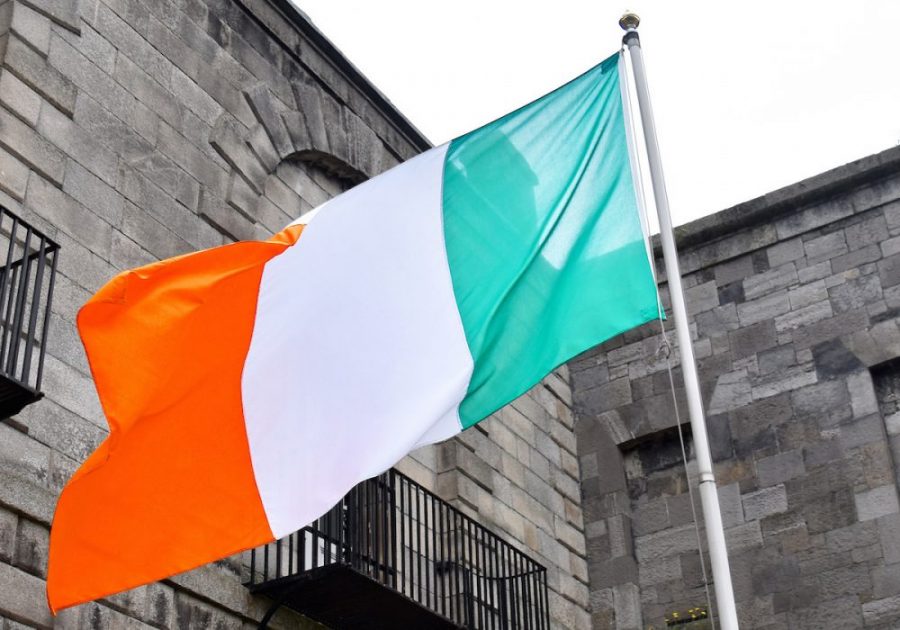The Ireland Immigration office (INIS) has published latest immigration statistics in Ireland for the year 2017.
- In 2017, the number of people from non-EU countries legally living increased to 128,000 people.
- Visa applications have also increased dramatically over the past few years. In 2017, there were over 125,000 visa applications.
- In 2017, 8,199 people became Irish citizens.
Residency
At the end of 2017, 127,955 non EEA nationals had permission to live in Ireland for work or study. At the end of 2016, there were just over 115,000.

The current top 10 registered nationalities, which account for over 50% of all people registered are Brazil (14.6%), India (13.5%), China (9%), USA (7.4%), Pakistan (5.7%), Nigeria (4.2%), Philippines (3.6%), Malaysia (2.7%), Canada (2.6%), and South Africa (2.5%). Most people with permission to remain in the State are working or studying
Visa Applications
In 2017, INIS received 125,527 applications for short-stay and long-stay visas. This is a 1% increase on 2016, and a cumulative increase of 41% since 2012. In 2017, INIS granted 110,403 visas, an increase of 5,831 visas on 2016.

In 2017, 89% of applicants received visas(11% refusals). In 2016, 90% of applicants received visas (10% refusals).
The top nationalities are India, China, Russia, Pakistan, Nigeria, Philippines
Citizenship
Since 2011, decisions have been made in over 110,000 citizenship applications. The processing time for most standard applications has been reduced from 31 months in 2011 to less than 6 months, despite a significant increase in valid application volumes over the same period.
INIS issued 8,199 citizenship certificates in 2017. The top 10 nationalities awarded citizenship were Poland, Romania, India, United Kingdom, Nigeria, Latvia, Pilippines, Pakistan, Brazil, and China

Brexit
Ireland and the United Kingdom have always cooperated closely on immigration and border matters, particularly in relation to keeping the CTA secure. Ireland and the UK will continue to cooperate on these issues after the UK leaves the EU, and both Governments have publicly declared their commitment to making sure there is no hard border on the island of Ireland.
The European Council adopted guidelines on the framework for the future of EU–UK relations on 23 March 2018. Ireland remains a committed member of the European Union and will continue to uphold the right of free movement for all EU citizens after the UK leaves the EU.
Read more about the report here





